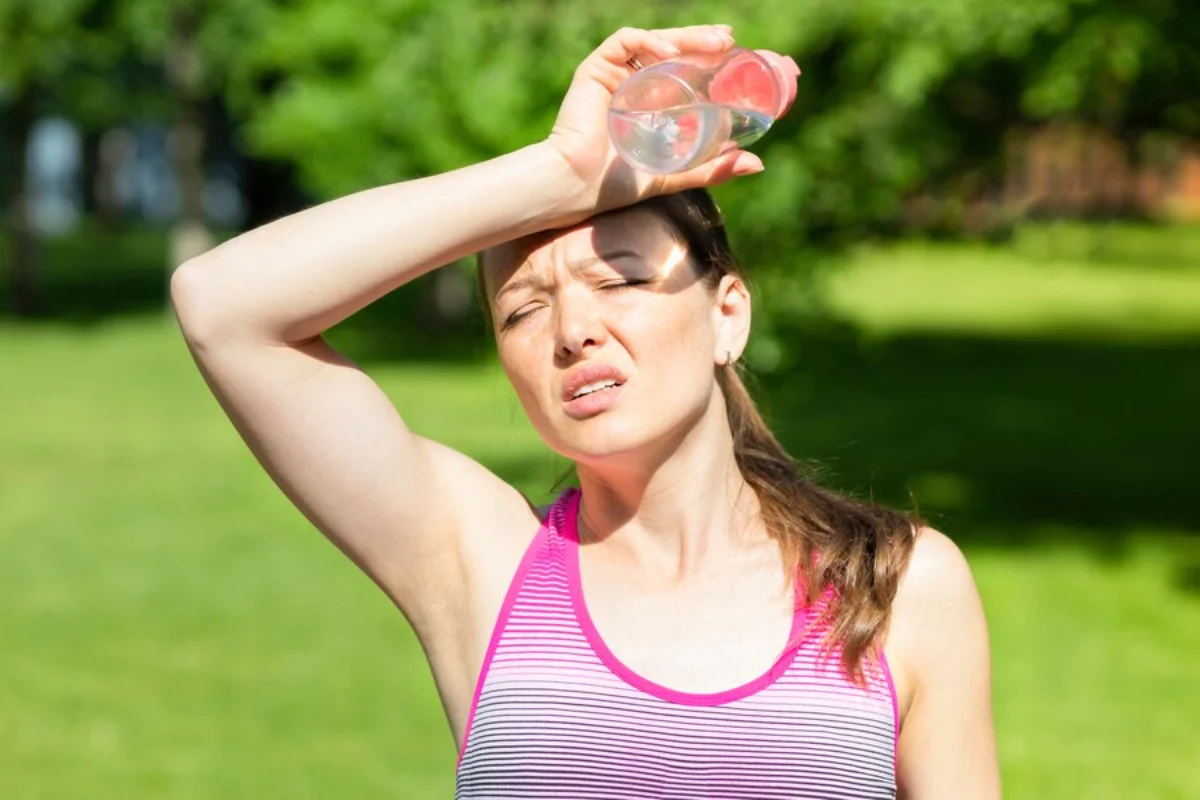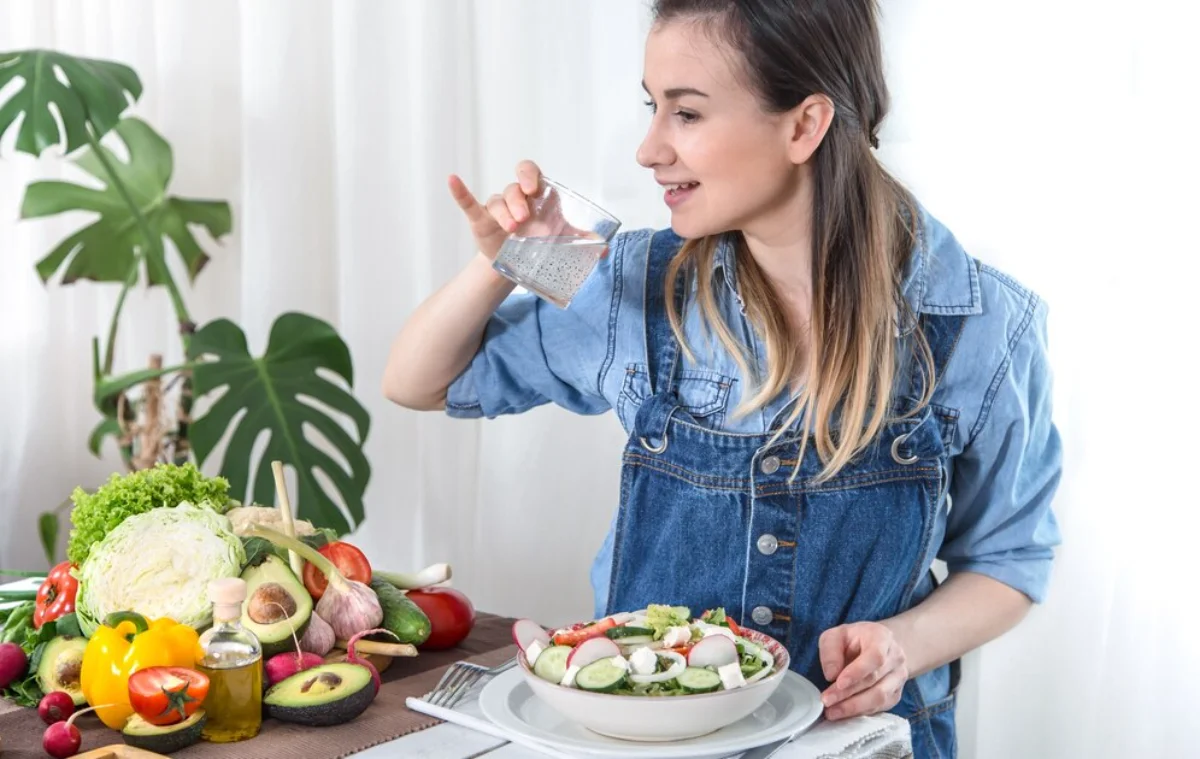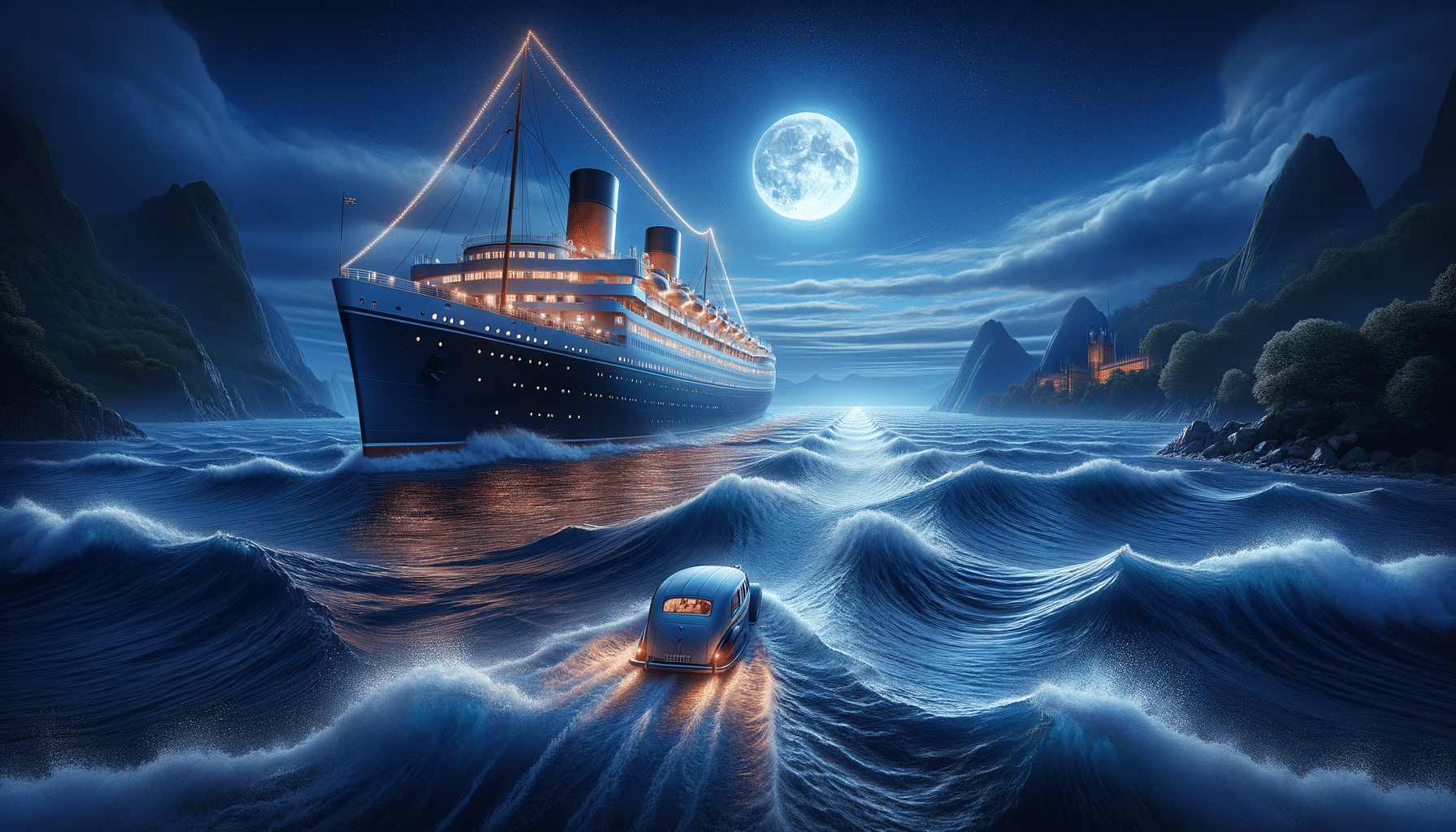
Why Drinking Enough Water is Essential for Health
Water is vital for life. Since our bodies are comprised of about 60% water, hydration is critical to health. But many of us aren’t getting enough every day. It may cause dehydration, fatigue, and health complications.
Hydration also is vital for digestion, circulation, temperature control and brain function. You might be curious: How much water to drink daily? How can we maintain optimal hydration levels? In this guide, we’ll delve into the importance of hydration, how to discover how much water you should ideally be drinking, and some simple hacks to stay hydrated throughout the day.

The Importance of Hydration
Drinking enough water is essential for all body functions. Here’s why hydration matters:
1. Supports Digestion and Nutrient Absorption
- Water helps break down food, making nutrient absorption easier.
- It keeps the digestive system running smoothly, reducing constipation and bloating.
- Drinking water before meals can aid digestion and help with weight management.
2. Regulates Body Temperature
- When the body heats up, it cools itself through sweat, mainly water.
- Staying hydrated prevents overheating, heat exhaustion, and dehydration, especially in hot weather or during exercise.
3. Boosts Energy Levels and Brain Function
- Mild dehydration can lead to fatigue, headaches, and poor focus.
- Water delivers oxygen and nutrients to the brain, enhancing alertness.
- Studies show that hydration can improve memory and cognitive performance.
4. Promotes Healthy Skin
- Proper hydration keeps the skin moisturised, reducing dryness and ageing signs.
- It helps flush out toxins, resulting in a clearer complexion.
5. Prevents Kidney Stones and Urinary Infections
- Drinking enough water helps the kidneys remove waste effectively.
- It dilutes urine, lowering the risk of kidney stones and urinary tract infections (UTIs).
6. Supports Joint and Muscle Health
- Water lubricates joints, easing stiffness and preventing injuries.
- Staying hydrated can reduce muscle cramps and soreness, especially after exercise.

How Much Water Should You Drink Daily?
Water needs vary based on age, activity level, climate, and health. Here are some general guidelines:
1. Standard Guidelines
- The 8×8 rule suggests drinking eight 8-ounce (250ml) glasses of water daily (about 2 litres or half a gallon).
- The European Food Safety Authority (EFSA) recommends:
- 2.5 litres (about 10 glasses) for men
- 2.0 litres (about eight glasses) for women
2. Factors Affecting Hydration Needs
- Activity Level – Exercise increases fluid loss through sweat.
- Climate – Hot or humid weather raises fluid needs.
- Pregnancy & Breastfeeding – Increased water intake supports maternal and baby health.
- Health Conditions – Fever, vomiting, or diarrhoea increase the need for fluids.
3. Signs of Dehydration
- Dry mouth and thirst
- Fatigue and dizziness
- Dark yellow urine
- Headaches
- Difficulty concentrating
If you notice these signs, boost your water intake.

Best Ways to Stay Hydrated
1. Drink Water Regularly
- Sip water throughout the day, even if you’re not thirsty.
- Keep a water bottle handy.
2. Eat Hydrating Foods
Many fruits and vegetables are high in water content. Some great options include:
- Cucumber (96% water)
- Watermelon (92% water)
- Oranges (86% water)
- Strawberries (91% water)
3. Set Hydration Goals
- Use a hydration tracker or app to monitor your intake.
- Set reminders to drink water, like alarms or a marked bottle.
4. Try Infused Water for Flavor
If plain water feels dull, add natural flavours:
- Lemon & Mint – Refreshing and aids digestion.
- Cucumber & Ginger – Helps reduce bloating.
- Berries & Basil – Full of antioxidants.
5. Balance Caffeine and Alcohol Intake
- Coffee, tea, and alcohol can lead to water loss.
- Drink extra water to counter these dehydrating drinks.
6. Start and End Your Day with Water
- Have a glass of water the first morning to rehydrate after sleep.
- Drink a glass before bed to maintain hydration overnight (but not too much to avoid waking up).
FAQs About Hydration
1. Can drinking too much water be harmful?
Yes. Overhydration can dilute sodium levels in the blood, causing hyponatremia, a rare but serious condition. Drink in moderation based on your needs.
2. Does tea and coffee count as hydration?
Yes, but water is still the best source of hydration. Herbal teas and decaffeinated drinks are good alternatives.
3. Can dehydration affect mood?
Yes. Research shows that even mild dehydration can lead to irritability, stress, and poor focus.
4. Should you drink water before or after meals?
Drinking water before meals aids digestion and helps prevent overeating. Avoid excessive intake during meals, as it may dilute stomach acids.
5. How do I know if I’m drinking enough water?
A good rule is to check your urine colour—light yellow or clear indicates proper hydration, while dark yellow means dehydration.
Stay Hydrated!
Keeping hydrated is a basic yet effective method of enhancing health. Drinking the recommended daily amount of water helps with digestion, brain function, energy levels, and general health.
To hydrate properly, include water in your daily routine, eat water-rich foods, and heed your thirst. If you want some refreshing outside water, try plain water, infused water , or herbal teas.
How much water to drink daily, and how much do you drink? In the comments, let us know your tips for staying hydrated!


